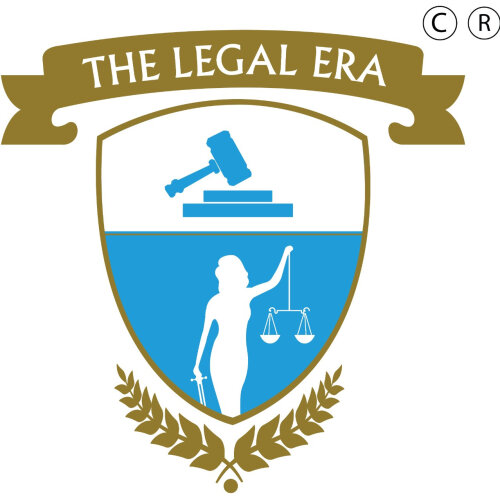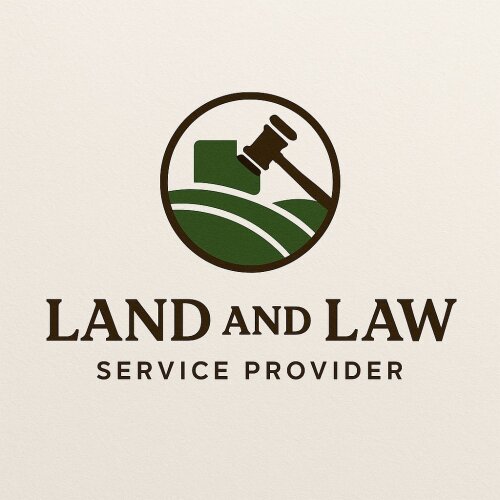Best Administrative Lawyers in Bangladesh
Share your needs with us, get contacted by law firms.
Free. Takes 2 min.
Or refine your search by selecting a city:
List of the best lawyers in Bangladesh
About Administrative Law in Bangladesh
Administrative law in Bangladesh governs the actions of administrative agencies of the government, ensuring that their operations comply with the legal framework established by the constitution and other statutory provisions. This branch of law is essential for regulating the relationship between the public, government agencies, and ensuring public administration’s accountability and transparency. Administrative law addresses issues like government support, public service delivery, and the enforcement of regulations. As a developing country, Bangladesh consistently updates its administrative laws to improve governance, promote fair practices, and safeguard citizen rights.
Why You May Need a Lawyer
There are several common situations where individuals or businesses may require legal assistance in the field of administrative law in Bangladesh:
- Challenging government decisions or policies that may adversely affect their rights or interests.
- Navigating complex regulatory requirements for licenses, permits, or approvals from governmental bodies.
- Seeking remedies when facing administrative actions such as sanctions or penalties.
- Dealing with employment disputes involving government departments or public entities.
- Engaging in compliance and risk management with respect to public sector regulations.
Local Laws Overview
Several key aspects of Bangladeshi laws are particularly relevant to administrative law:
- The Constitution of Bangladesh: Establishes the framework for administrative institutions and their powers.
- The Administrative Tribunals Act, 1980: Provides mechanisms for challenging decisions made by public authorities.
- The Right to Information Act, 2009: Empowers citizens to access government-held information, promoting transparency.
- The Public Interest Litigation: Allows individuals to approach the courts regarding matters of public interest related to administrative actions.
- The Ombudsman Act, 1980: Establishes an office to address grievances against public sector entities.
Frequently Asked Questions
1. What is administrative law?
Administrative law involves the study and regulation of government agencies' actions, ensuring they remain within legal boundaries and uphold citizens' rights.
2. How does one challenge a government decision in Bangladesh?
Challenges to government actions are typically made through administrative tribunals or the High Court, depending on the nature and scope of the issue.
3. What is the role of the Administrative Tribunal in Bangladesh?
The Administrative Tribunal hears cases related to employment and service matters concerning government or public sector employees.
4. Can a citizen access government records in Bangladesh?
Yes, the Right to Information Act, 2009 provides the legal right to access certain information held by public authorities.
5. What recourse is available if an administrative decision is unfair?
An individual can appeal to higher authorities, file a complaint with the Ombudsman, or seek judicial review through the courts.
6. How can businesses ensure compliance with administrative regulations?
Businesses should regularly consult legal experts in administrative law to navigate regulations effectively and implement robust compliance programs.
7. What is public interest litigation?
Public interest litigation allows individuals or groups to file lawsuits to advance general public welfare or address significant issues affecting a large section of society.
8. Are there mechanisms for whistleblowing in government bodies?
While there is no specific legislation dedicated to whistleblower protection, certain acts like the Anti-Corruption Commission Act provide some framework for addressing corruption.
9. Can administrative law address acts of government misconduct?
Yes, administrative law provides various avenues, such as tribunals and judicial review, to address misconduct and ensure governmental accountability.
10. What is the role of the Ombudsman in Bangladesh?
The Ombudsman addresses grievances related to maladministration in public offices, offering recommendations and resolutions to pertinent issues.
Additional Resources
Several organizations and resources can offer assistance and information on administrative legal matters in Bangladesh:
- The Ministry of Law, Justice, and Parliamentary Affairs: Offers insights into legal frameworks and updates.
- The Bangladesh Bar Council: Provides a directory of qualified attorneys who specialize in administrative law.
- The Office of the Ombudsman: Addresses public grievances against public sector maladministration.
- Non-Governmental Organizations like Transparency International Bangladesh: Focus on anti-corruption efforts and governmental transparency.
Next Steps
If you require legal assistance in administrative matters, consider the following steps:
- Identify the specific issue or area where you need help to target your legal inquiry efficiently.
- Research potential lawyers specializing in administrative law through the Bangladesh Bar Council or legal directories.
- Schedule consultations with a few lawyers to discuss your case, understand their approach, and evaluate their expertise.
- Gather all relevant documents and information related to your issue before meeting with your chosen lawyer.
- Work closely with your lawyer to develop a strategic plan, ensuring it aligns with your goals and complies with applicable legal standards.
Lawzana helps you find the best lawyers and law firms in Bangladesh through a curated and pre-screened list of qualified legal professionals. Our platform offers rankings and detailed profiles of attorneys and law firms, allowing you to compare based on practice areas, including Administrative, experience, and client feedback.
Each profile includes a description of the firm's areas of practice, client reviews, team members and partners, year of establishment, spoken languages, office locations, contact information, social media presence, and any published articles or resources. Most firms on our platform speak English and are experienced in both local and international legal matters.
Get a quote from top-rated law firms in Bangladesh — quickly, securely, and without unnecessary hassle.
Disclaimer:
The information provided on this page is for general informational purposes only and does not constitute legal advice. While we strive to ensure the accuracy and relevance of the content, legal information may change over time, and interpretations of the law can vary. You should always consult with a qualified legal professional for advice specific to your situation.
We disclaim all liability for actions taken or not taken based on the content of this page. If you believe any information is incorrect or outdated, please contact us, and we will review and update it where appropriate.
Browse administrative law firms by city in Bangladesh
Refine your search by selecting a city.

















